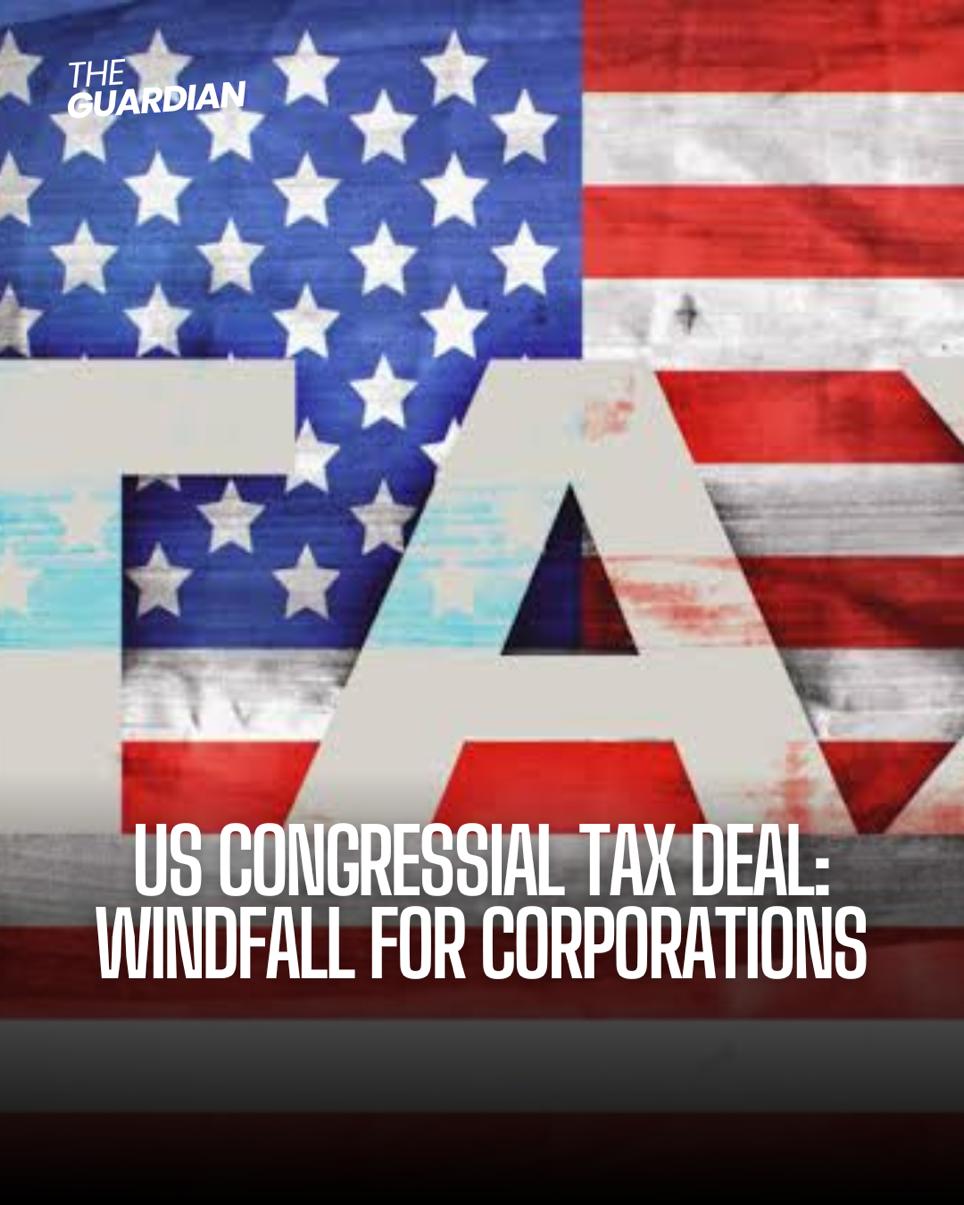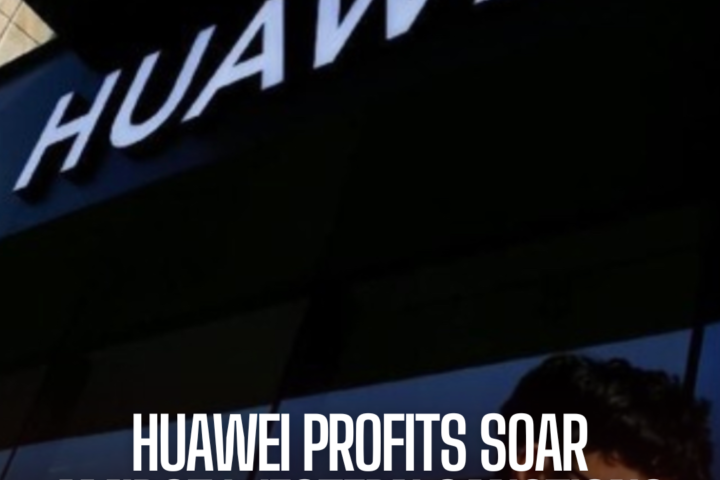Billions in private equity and corporate tariffs could be rolled back, along with what analysts say is a sop for child tax credits.
Criticism of Tax Breaks
A congressional tax deal, hailed as a compromise between Democrats and Republicans, has drawn criticism for favoring large corporations at the expense of middle-class families.
Critics argue that while businesses stand to save billions in tax credits, the benefits for ordinary families are minimal.
Handouts for Corporations
Passed by the House of Representatives, the tax cuts include provisions that would significantly benefit some of the largest and most profitable companies in the US.
Also read: The dominance of highways in US infrastructure spending
These measures, spearheaded by Democratic senator Ron Wyden and Republican congressman Jason Smith, aim to roll back tax measures introduced to offset the cost of the 2017 Trump tax cuts.
Private Equity’s Gain
Among the biggest beneficiaries of the deal are private equity funds, according to a Guardian analysis.
These funds, including Blackstone Group, KKR & Company, Carlyle Group, Cerberus Capital Management, and Apollo Global Management, have lobbied extensively for the relaxation of certain tax provisions, particularly those related to interest deductions.
Impact on Middle-Class Families
Critics like Democratic congresswoman Rosa DeLauro argue that the tax deal disproportionately benefits corporations while offering minimal relief to struggling middle-class families.
While private equity firms stand to gain significant tax breaks, many American families continue to face financial challenges, living paycheck to paycheck and grappling with rising costs.
As the Senate prepares to vote on the bill, the debate over its implications for corporate interests versus those of ordinary Americans intensifies.























